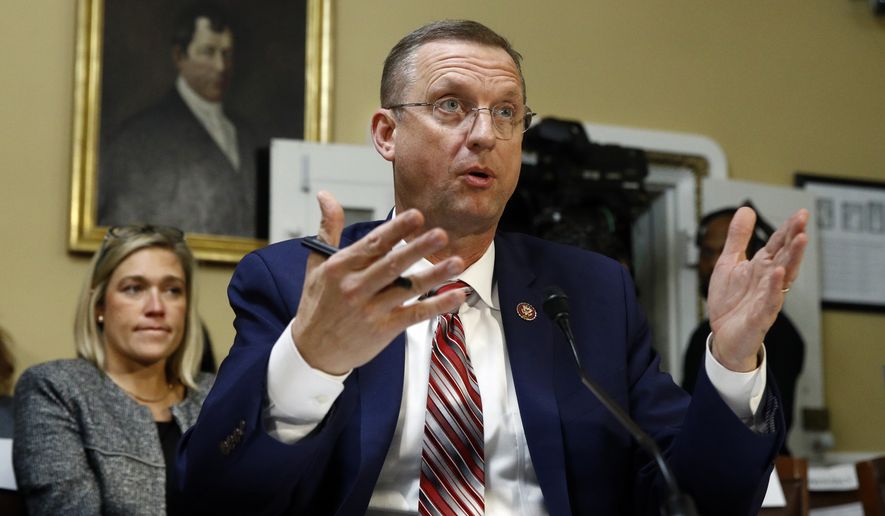Federal prosecutors would be barred from reading emails sent by prisoners to their attorneys under a new bill introduced Wednesday by two members of the House Judiciary Committee.
Reps. Hakeem Jeffries, New York Democrat, and Doug Collins, Georgia Republican, say the bill would extend privacy rights to electronic communications.
Under federal law other forms of communications, including inmate telephone calls, receive protections under attorney-client privilege. Emails from clients to their attorneys, however, are currently exempt from such privacy rights.
The bill introduced Wednesday, titled the Effective Assistance of Counsel in the Digital Era Act, would eliminate the Bureau of Prisons from monitoring privileged email communications, allowing prisoners to privately communicate with their attorneys.
“Email is the most efficient way for an attorney to communicate with an incarcerated client and should enjoy the same protections as telephone calls and other forms of private communications,” Mr. Jeffries said.
Mr. Collins said the bill would allow prisoners to “speak openly and honestly with their attorneys online.”
“Attorney-client privilege is a pivotal part of our legal system because it helps ensure fairness,” he said. “Emails between those incarcerated and their attorneys should fall under attorney-client protections, but currently that’s not the case.”
A spokesperson for the Bureau of Prisons declined to comment.
The bill would not only bar the Bureau of Prisons from reading attorney-client emails, but would force a court to suppress evidence obtained from accessing those messages.
Mr. Collins and Mr. Jeffries had introduced a similar bill in 2015, which failed to gain traction.
They say this bill has widespread support, including the American Civil Liberties Union, American Bar Association, the Faith & Freedom Coalition and National Association of Criminal Defense Lawyers.
• Jeff Mordock can be reached at jmordock@washingtontimes.com.




Please read our comment policy before commenting.